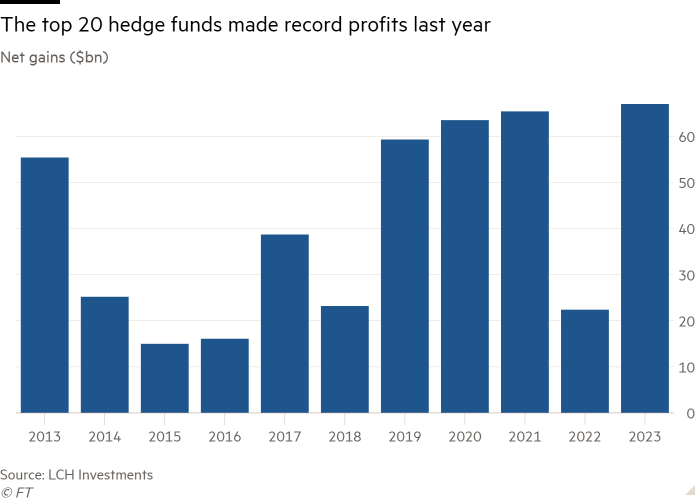Stay informed with free updates
Simply sign up to the World myFT Digest — delivered directly to your inbox.
This article is an on-site version of our FirstFT newsletter. Sign up to our Asia, Europe/Africa or Americas edition to get it sent straight to your inbox every weekday morning
Good morning. We bring you an exclusive story from Brussels to start the week, with the EU urging member states to impose “consequences” on Israel if the country continues to oppose Palestinian statehood.
The proposed threat, to be discussed at a meeting of EU foreign ministers today, underscores rising unease at Prime Minister Benjamin Netanyahu’s stance among many of Israel’s western allies, as the civilian death toll from its war against Gaza mounts, stoking instability across the Middle East.
This weekend Netanyahu doubled down on his insistence that Israel should maintain “security control over the entire area west of [the river] Jordan”, territory that encompasses besieged Gaza and the occupied West Bank. He reiterated that position after a call with US President Joe Biden, who had earlier said Netanyahu could be open to compromise.
In a document circulated to capitals ahead of today’s meeting and seen by the Financial Times, Brussels proposed that EU member states should “set out the consequences they envisage to attach to engagement or non-engagement” with their proposed peace plan. The plan includes statehood for Palestine and mutual sovereign recognition — the so-called two-state solution. Henry Foy has more details.
And here’s what else I’m watching today:
-
Africa public health: The first malaria vaccination campaign for children backed by the World Health Organization begins in the continent today, with nearly 30mn jabs to be distributed in the coming months.
-
Economic data: The EY Item Club publishes its winter economic forecast for the UK.
-
UK politics: Britain’s first Labour government under Prime Minister Ramsay MacDonald came into power exactly 100 years ago. A century later, opposition leader Sir Keir Starmer hopes to do the same as he sets a deadline to finalise the party’s manifesto ahead of this year’s elections.
Join the FT’s Martin Wolf, Alec Russell and expert guests this Wednesday as they discuss the challenge posed by migration to liberal democracies. Register for free here.
Five more top stories
1. Ron DeSantis has suspended his campaign for US president and endorsed Donald Trump as the Republican nominee, just ahead of tomorrow’s New Hampshire primary. The Florida governor said many Republicans backed Trump, while Nikki Haley, the remaining competitive candidate against the former president, represented “a repackaged form of warmed-over corporatism”. Here’s how Haley and Trump responded.
2. Macquarie has raised a record of more than €8bn for its new European infrastructure fund in the latest sign of investor appetite for critical assets as businesses seek to profit from transitions to cleaner energy and supply chains that are closer to consumers. The Australian group said its seventh Europe infrastructure fund was the largest such vehicle focused on the continent. Read the full story.
3. ExxonMobil has filed a lawsuit to try to stop a shareholder climate resolution from going to a vote at its annual investor meeting. In a first for the US oil major, Exxon is suing Follow This, an Amsterdam-based investor activist group, and Arjuna Capital, a registered investment adviser, in an attempt to block their motion calling for faster cuts in greenhouse gas emissions.
4. All parts of the UK have suffered from economic stagnation since 2010, according to a report published today by the Centre for Cities think-tank, which charted the failure of successive Conservative governments in the wake of the financial crisis to boost urban economies, lift productivity or narrow regional divides. Here are more findings from the research.
5. McKinsey head Bob Sternfels is facing internal resistance to his re-election after failing to clinch a second three-year term on the first round of voting for global managing partner. More than half of McKinsey’s 750 senior partners backed other candidates, according to people familiar with the outcome. Here’s why he is facing opposition.
The Big Read

Moscow’s invasion of Ukraine exposed many vulnerabilities in US and European energy supplies, not least in the nuclear sector, where more than a fifth of the enriched uranium fuel required to power both regions’ nuclear fleets comes from Russia. For the US energy sector, it was a call to action. Utilities companies have spent two years stockpiling nuclear fuel in case Russian supplies are disrupted. At the same time, Washington is undertaking a multibillion-dollar push to rebuild its nuclear supply chain.
We’re also reading . . .
Chart of the day
The world’s most successful hedge funds made their biggest profits on record last year after punchy bets on stock markets paid off when share prices surged.

Take a break from the news
“I just went to Bridgwater and there must be five in about 50 metres,” wrote one Reddit user. How did Turkish barber shops become so ubiquitous in Britain? Go on a (mostly unscientific) mission with FT Magazine’s Snigdha Poonam as she seeks answers.

Additional reporting from Benjamin Wilhelm
An earlier edition of this newsletter incorrectly stated that Germany’s central bank releases its monthly report today. It will instead publish select articles from the report on Wednesday and the full report on Friday.




